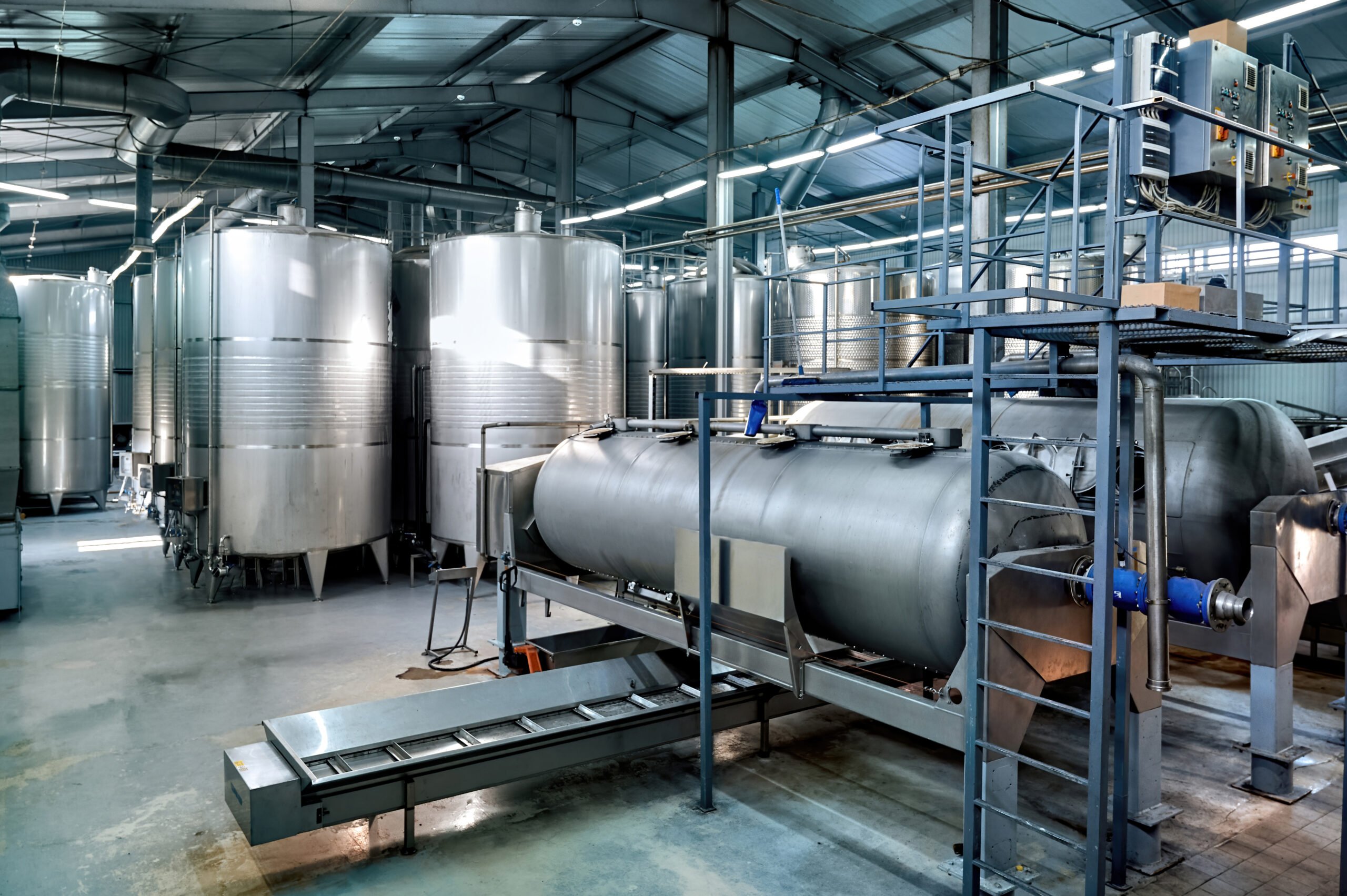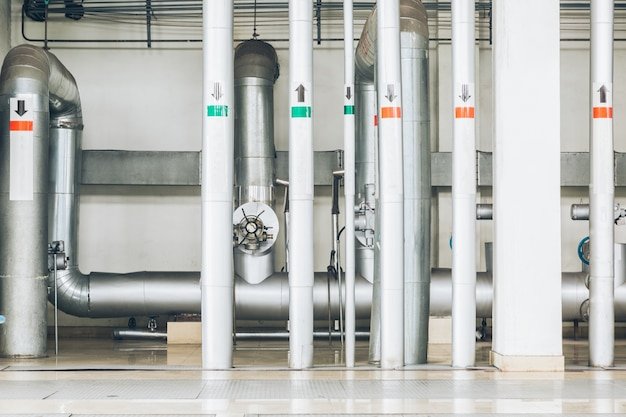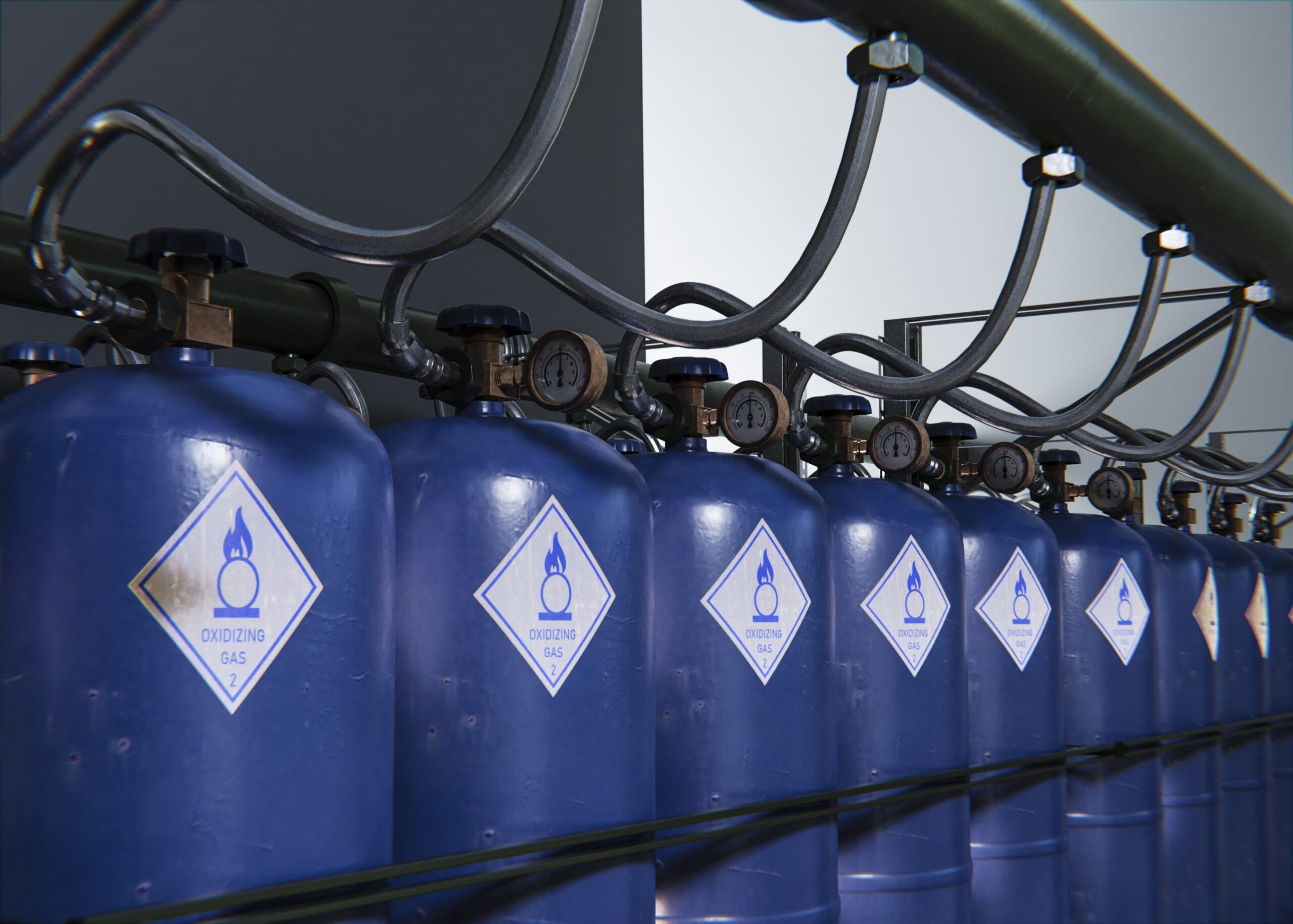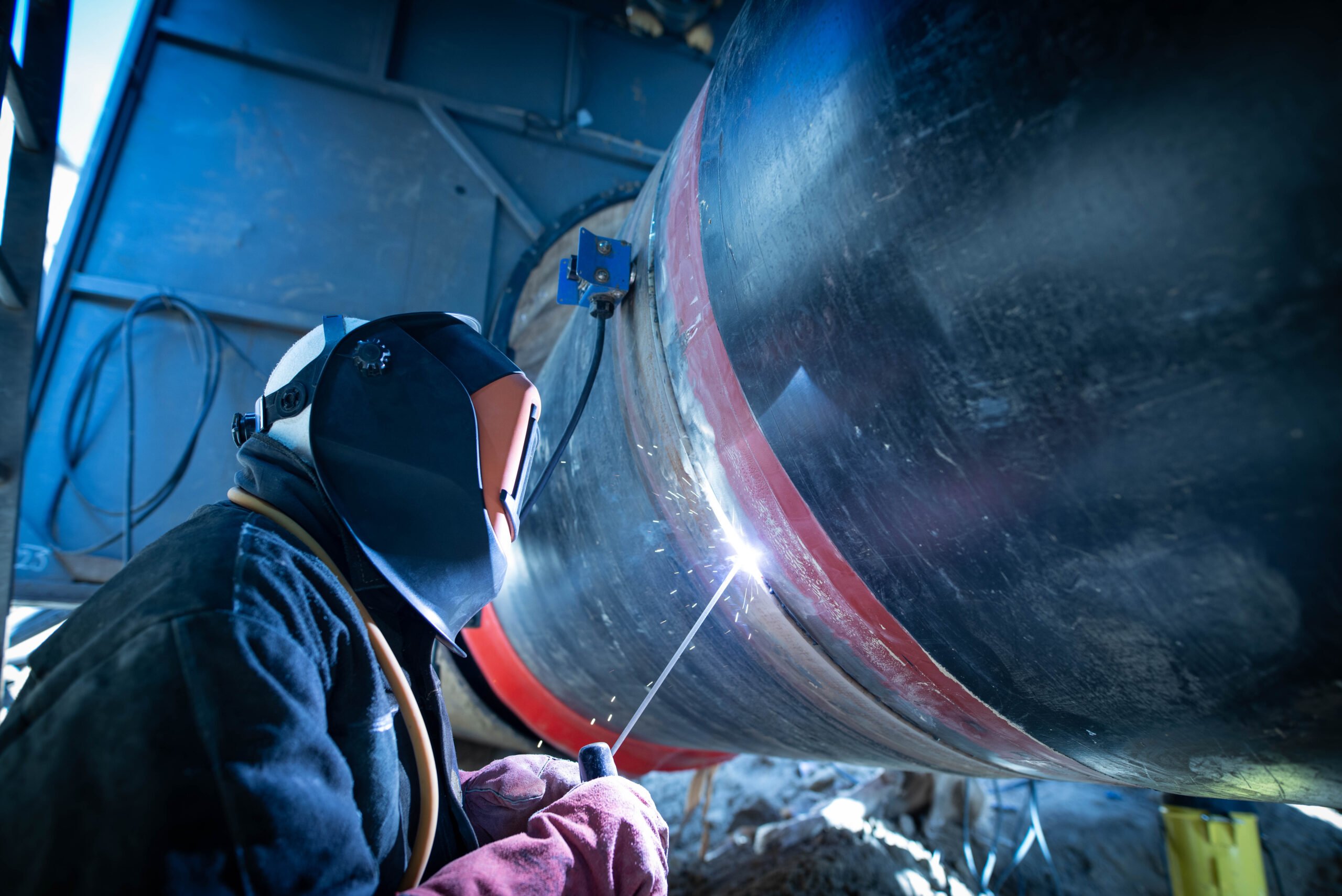Pressure vessels are among the most important and highly regulated components in industrial equipment. A well-built pressure vessel is essential to your operations, whether you’re in oil and gas, chemicals, food processing, or power generation.
Due to the presence of many pressure vessel fabrication companies, it is overwhelming to choose the right one. Not all pressure vessel fabrication companies are created equal.
Choosing the right fabrication partner can be the difference between a smooth project and one plagued by delays, safety issues, or compliance failures.
In this blog, we will guide you through what to look for when selecting a company for custom pressure vessel fabrication, ensuring you make smart, informed decisions.
Understand Your Project Needs
The foremost step is to understand your project’s needs. Define what you need, whether you are looking for a high-pressure steam vessel. A stainless steel tank for good-grade use? Do you need vertical or horizontal designs?
It is crucial to understand that each project comes with its own set of technical requirements. You should also consider whether your vessel will need insulation, external accessories, or testing services. Good fabrication companies will work closely with you to understand your needs, but having a clear picture from the start will streamline your search and planning.
Assess Technical Capabilities
Not every fabrication service provider has the same skill set. Make sure the potential team is capable of handling complex designs, specialized materials, and tight tolerances. Look for companies that have in-house engineers, certified welders, and modern fabrication tools.
Verify whether they can design to ASME standards. Do they provide 3-D modeling or FEA simulations before fabrication? These are the types of capabilities that separate the basics from pressure vessel fabrication experts.
Check Certification And Industry Compliance
Certifications are proof that a company follows strict safety and quality guidelines. The ASME stamp (American Society of Mechanical Engineers) ensures that the vessel meets industry standards for design and performance.
Check if the company complies with other relevant industry regulations, such as PED (Pressure Equipment Directive) or API codes. Working with certified fabricators ensures that your pressure vessel won’t become a liability down the line.
Look For Industry-Specific Experience
Every industry has its quirks. A company that fabricates vessels for chemical plants might not be the best fit for pharmaceutical or food-grade applications. Check out if they have worked on a similar project before and how they have handled unique requirements such as corrosion, resistance, hygienic design, or extreme temperature performance.
Reviewing case studies and client testimonials can help confirm whether the fabrication company understands your industry’s specific standards and challenges.
Evaluate The Communication And Support System
Even the best designs can fail without clear communication. Pressure vessel fabrication experts should be easy to reach, transparent about deadlines and cost, and proactive in sharing project updates. Ask how they handle changes in scope, schedule delays, or material sourcing challenges.
More than a vendor, you need a partner who values collaboration and is willing to help you throughout the process, from designing to delivery.
Balance Quality With Cost
Companies with a tight budget find the lowest quote tempting. However, when it comes to pressure vessel fabrication, cutting corners often leads to bigger problems like downtime, code violations, or costly rework.
Instead of looking at the cost, consider the long-term value. Evaluate whether the provider offers quality materials, warranties, and ongoing support. Choosing a partner based on quality rather than just price is an investment in safety and reliability.
Review Their Infrastructure And Team
The team and facilities behind the project matter as much as the design. Does the company have enough space to handle large or complex vessels? Do they maintain their equipment? Well, is their team experienced in safety training?
Ask for a virtual or in-person shop tour, which will help you learn a lot about how seriously a company takes its work. The right partner should have the capacity to meet your requirements and deliver consistent quality every time.
Conclusion
It is crucial to choose the right partner for pressure vessel fabrication. The right company will help you build a product that is safe, efficient, and suitable for your application. It’s important to carefully assess technical skills, proven experience, certifications, and the company’s approach to partnership.
If you are seeking a trusted name in custom pressure vessel fabrication, then Berg Industries combines technical precision with dependable service. Get in touch with us today to discuss your project and see how we can support your operations with industry-leading expertise.
Frequently Asked Questions
What are the different fabrication methods used for manufacturing pressure vessels?
TIG, MIG, laser welding, and submerged arc welding techniques are fabrication methods used for pressure vessels based on the specific requirements of each project.
What are the most commonly used materials for pressure vessels?
One of the most common materials used for pressure vessels is carbon steel. This material is durable, versatile, and cost-effective.
What are the three main fabrication techniques?
Three popular techniques of metal fabrication are cutting, forming, and welding. These fabrication techniques can be divided into sub-categories, like laser, cutting, and shearing, forming methods like bending and stretching, and welding techniques like MIG and TIG welding.




